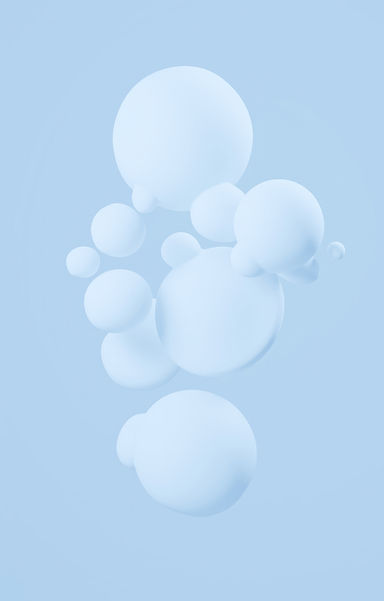
Clean, gentle and conscious...
Bluish clean
Gentle on your skin, friendly to nature.
Try our organic soaps, which are free from chemicals and care for your skin gently and effectively.
Coal is purifying,
rosemary's refreshing and
cocoa moisturizer
discover the effects.

Coal
Detoxifying Effect: Activated charcoal deeply cleanses the skin by absorbing dirt, oil, and toxins accumulated in the pores. This prevents the formation of blackheads, acne, and comedones.
Regulates Oil Balance: Charcoal soap prevents oiliness in oily skin by controlling excess sebum production.
Acne Treatment: The antibacterial properties of charcoal soap help kill acne-causing bacteria. Acne scars and
It also contributes to the removal of stains.
Rosemary
Antibacterial: Rosemary soap helps kill acne-causing bacteria thanks to its antibacterial properties. This also helps prevent acne.
and prevents acne formation.
Antifungal: The antifungal properties of rosemary soap can also help in treating fungal infections.
Antioxidant: Rosemary soap delays the signs of premature aging by preventing skin damage caused by free radicals.
Accelerates Wound Healing: The anti-inflammatory properties of rosemary soap help wounds heal faster.
Soothes Skin Irritation: Rosemary soap helps soothe skin irritations such as eczema and psoriasis.
Regulates Oil Balance: Rosemary soap prevents oiliness by controlling excessive sebum production in oily skin.
Cocoa
Cocoa butter helps maintain the skin's natural moisture balance and prevents dryness.
Therefore, it is ideal for dry and sensitive skin.
Nourishing: Cocoa soap is rich in vitamin E, protein, minerals, and amino acids. These nutrients nourish and regenerate the skin.
Antioxidant: Cocoa soap contains antioxidants that help protect the skin from damage caused by free radicals. This
helps delay the signs of premature aging.
Emollient: Cocoa soap helps soften and smooth the skin.
Tanning: Cocoa soap can make skin more sensitive to sunlight and promote tanning.

Soap and Culture
Cleanliness and personal care have held a significant place in every culture throughout human history. These habits have been shaped by societies' lifestyles, belief systems, and environmental conditions, and have evolved over time. Soap, as an essential component of cleanliness and personal care, has played a significant role in this cultural evolution.
The history of soap dates back to 2800 BC. The first soaps emerged in Mesopotamia as a mixture of water, alkali, and oils. While soaps used for cleansing during this period weren't used for skin care as they are today, they served as a basic cleansing tool. In ancient Egypt, soap-like substances were part of beauty and personal care rituals. Unlike today, soap and cleaning products were only accessible to the nobility and upper-class individuals during this period, but over time, they became available to a wider audience.
In short, the cultural story of soap and cleaning products reflects socioeconomic shifts, technological advancements, and aesthetic sensitivities throughout human history. The products we use in our cleaning and personal care rituals are part of a cultural heritage that connects us to one another.
Bluish Clean




